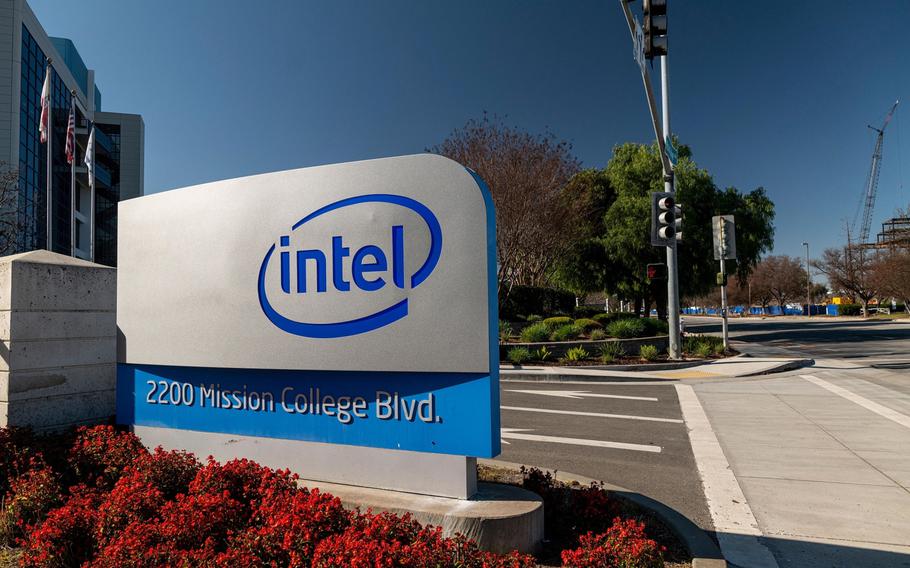At a time when America faces multiple geopolitical challenges around the world, lax regulations are providing an opening for foreign adversaries to gain access to sensitive corporate information and American trade secrets here at home. Given the importance of strong intellectual property protections for a number of strategically important sectors to the United States — including aerospace, defense, biotech and energy — it is imperative that we correct this oversight for the sake of national security.
The issue specifically stems from mass tort litigations — personal injury legal actions that allege someone (typically a large company) has provided a product or service that has caused harm to multiple plaintiffs, hundreds or even thousands of them in some cases. Mass torts can be a huge profit center for attorneys who specialize in them, as litigators generally take a significant share of awards or settlements. With payouts sometimes reaching hundreds of millions of dollars, this has attracted the attention of the investment industry and has led to the advent of “patent monetization” firms.
Since mass tort litigation often requires significant capital to stand up, a network of third-party financiers has emerged to provide the upfront money for all the advertising and other costs of mounting a huge lawsuit — in exchange for the promise of significant payouts. However, when those outside funders happen to be foreign nations, they can take more than just money from the companies they are targeting.
Financial backers of all kinds are generally allowed to remain anonymous, so secretly bankrolling mass torts can give foreign companies and the governments that control them access to sensitive data and trade secrets that are disclosed in the course of legal proceedings. This access could potentially endanger U.S. national security or provide foreign state-backed businesses an unfair advantage over American counterparts in the same industry.
China for instance, with its longstanding and well-earned reputation for industrial espionage, may be using such maneuvers to launch new attacks on American intellectual property. In previous years it was thought that their attempts to obtain corporate secrets were conducted with a goal of catching up to advanced American technologies. But it has become increasingly clear that their objective now is to eliminate global competition by displacing American companies, and funding mass tort litigation could become a new tool in their arsenal.
This threat is not merely theoretical.
Last March, China’s 14th National People’s Congress approved a plan to upgrade its National Intellectual Property Administration to a top-level agency under the State Council, saying that “the building of a powerful intellectual property nation shall be accelerated, and the levels of creation, utilization, protection, management and service of intellectual property shall be comprehensively improved.”
In April 2022, U.S. District Court Judge Colm Connolly issued a standing order requiring patent litigants to disclose all third-party funding. In one case last year, this revealed that a Shenzhen, China-based firm, Purplevine IP, was funding the IP lawsuits brought by Staton Techniya against Samsung and a subsidiary.
Such revelations, and the fact that foreign third-party litigation funders can also use their investments to disrupt our economic system, have prompted the U.S. senators representing Florida to push for disclosure requirements for foreign financiers. In a letter they sent to multiple Chief Judges in the state, the senators wrote:
“Most alarmingly, these foreign funders have the potential to provide hostile foreign actors with sufficient sway to exert undisclosed influence on litigation moving through the federal judiciary, including litigation related to critical infrastructure. Foreign actors attempting to capitalize on such influence may seek to, among other things, advance frivolous lawsuits, needlessly and excessively prolong litigation disputes, exacerbate domestic discord, or seize control of the litigation from the case’s original parties. Tactics such as these, which seek to exploit the openness of American institutions and undermine critical infrastructure sectors, are frequently done by foreign adversaries, particularly China, are not in the strategic interest of the United States, and serve as an example of the need to defend the U.S. against hostile foreign actors seeking to undermine our national interests.”
Establishing clear disclosure requirements that would prevent foreign funders from gaining access to sensitive information that they can use against the United States would be an encouraging first step toward protecting American intellectual property and the critical industries it underpins. It would also keep domestic third-party funders, such as hedge funds or private equity firms, from covertly influencing mass tort settlements and strategic case decisions to benefit them instead of their actual plaintiffs.
Fortunately, some states, including New York, California and Florida, have already instituted third-party litigation funding disclosure rules. The European Union is looking at adopting similar requirements across its member states and America as a whole would also be wise to follow suit. The alternative — allowing litigation funded by foreign adversaries to “potentially delay technology critical to national security” — is simply too great a risk.
John L. Barry is a retired U.S. Air Force major general who served for over 30 years as a combat fighter pilot, “Top Gun” Fighter Weapons School graduate, military assistant to the secretary of defense, and as squadron, group and wing commander. He served his last tour on active duty as board member and executive director for the Space Shuttle Columbia Accident Investigation.

Signage at the entrance to Intel headquarters in Santa Clara, Calif., on Jan. 20, 2021. (David Paul Morris/Bloomberg)